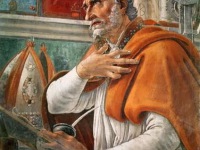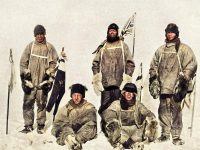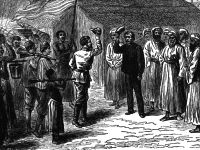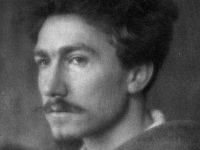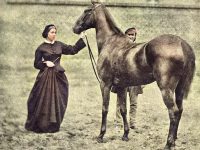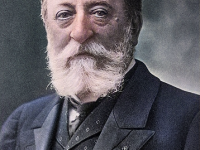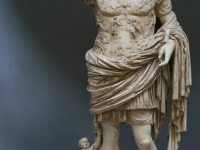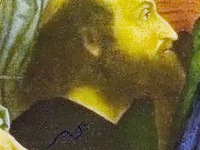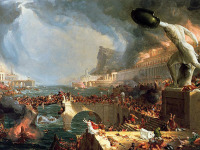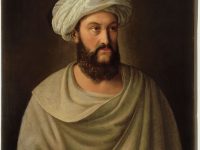Saint Augustine’s Confessions
On November 13, 354 A.D., Augustine of Hippo, also known as Saint Augustine was born. He was bishop of Hippo Regius located in the Roman province of Africa. As an early Christian theologian his writings are considered very influential in the development of Western Christianity and Western philosophy. Among his most important works are City of God and Confessions, which continue to be read widely today. Why should you read a 1,600…
Read more

